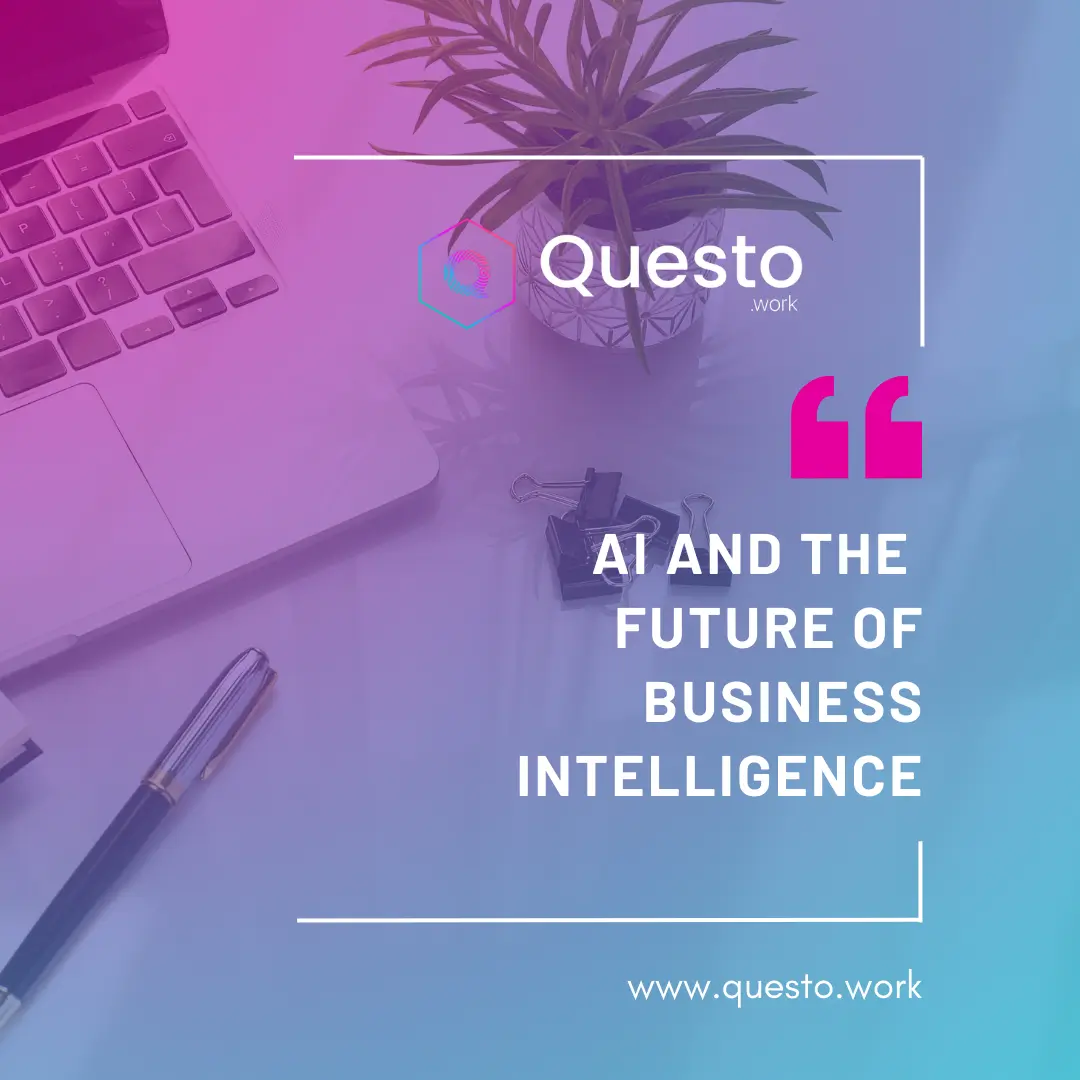In today’s fast-paced business landscape, the ability to swiftly and accurately interpret vast amounts of data can be the difference between success and failure. Enter Business Intelligence (BI)—a technology-driven process for analyzing data and presenting actionable information to help executives, managers, and other corporate end users make informed business decisions. As artificial intelligence (AI) continues to evolve, it is profoundly reshaping the future of BI, making it more intuitive, predictive, and ultimately, more powerful. This blog post explores how AI is revolutionizing BI and what this means for the future of business.
The Evolution of Business Intelligence
Traditionally, Business Intelligence has relied on data warehousing, reporting, and online analytical processing (OLAP). These methods have served businesses well, providing historical data analysis and reporting capabilities. However, they often require significant human intervention for data preparation, analysis, and interpretation. As a result, traditional BI tools can be time-consuming and may not fully capitalize on the potential insights hidden within vast data sets.
Enter Artificial Intelligence
AI, with its ability to process and analyze large volumes of data far faster and more accurately than humans, is set to transform BI in several key ways:
- Automated Data Preparation:
- AI-powered tools can automate the data cleaning, integration, and preparation processes, significantly reducing the time and effort required to ready data for analysis. This allows businesses to access and leverage data more quickly and efficiently.
- Advanced Analytics:
- Machine learning algorithms can uncover patterns and correlations within data that traditional BI tools might miss. These advanced analytics capabilities enable businesses to gain deeper insights and make more informed decisions.
- Natural Language Processing (NLP):
- NLP allows users to interact with BI tools using natural language queries. This makes BI more accessible to non-technical users, as they can ask questions and receive insights without needing to understand complex query languages or data structures.
- Predictive and Prescriptive Analytics:
- AI enhances BI by moving beyond descriptive analytics (what happened) to predictive analytics (what will happen) and prescriptive analytics (what should be done). This allows businesses to anticipate future trends and make proactive decisions.
- Real-Time Insights:
- With AI, businesses can analyze data in real-time, providing immediate insights that can drive timely decision-making. This is particularly valuable in dynamic industries where conditions can change rapidly.
Practical Applications of AI in Business Intelligence
AI is already being integrated into various BI applications across industries:
- Retail:
- AI-driven BI tools help retailers optimize inventory management, forecast demand, and personalize customer experiences based on purchasing behavior and preferences.
- Healthcare:
- In healthcare, AI enhances BI by identifying trends in patient data, predicting outbreaks of diseases, and improving diagnostic accuracy, leading to better patient outcomes.
- Finance:
- Financial institutions use AI-powered BI to detect fraudulent activities, assess credit risk, and optimize investment portfolios through predictive analytics.
- Manufacturing:
- AI helps manufacturers predict equipment failures, optimize production schedules, and improve supply chain efficiency, reducing downtime and operational costs.
The Future of Business Intelligence
As AI continues to advance, the future of BI looks incredibly promising. Here are some trends to watch:
- Increased Integration with IoT:
- The Internet of Things (IoT) is generating vast amounts of data. AI-driven BI tools will be crucial in analyzing this data to provide real-time insights and improve operational efficiency across various industries.
- Enhanced Personalization:
- AI will enable more personalized BI experiences, tailoring insights and recommendations to individual users’ roles, preferences, and decision-making styles.
- Greater Emphasis on Data Security:
- As BI systems become more sophisticated, ensuring data security and privacy will be paramount. AI will play a vital role in detecting and mitigating potential security threats.
- Ethical AI in BI:
- The ethical use of AI in BI will become a critical consideration. Ensuring transparency, fairness, and accountability in AI algorithms will be essential to maintaining trust and avoiding biases in decision-making.
The integration of AI into Business Intelligence is not just an evolution—it’s a revolution. By automating data preparation, enhancing analytics capabilities, and providing real-time, predictive insights, AI is making BI more powerful and accessible than ever before. As businesses continue to embrace AI-driven BI tools, they will be better equipped to navigate the complexities of the modern marketplace, make informed decisions, and stay ahead of the competition. The future of BI, powered by AI, promises a new era of data-driven decision-making that is faster, smarter, and more intuitive.
Embrace the future of BI with AI, and transform your data into your most valuable asset.
